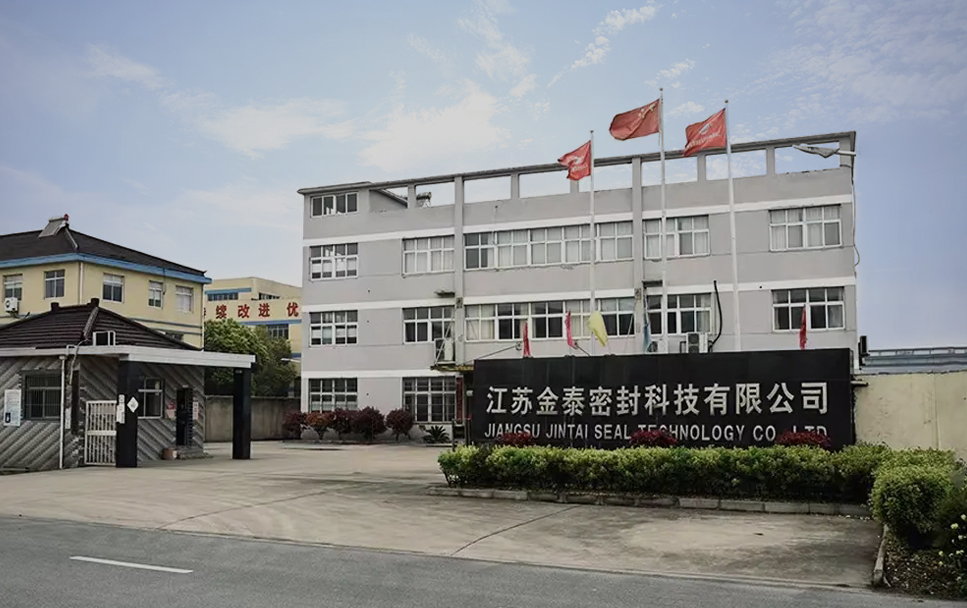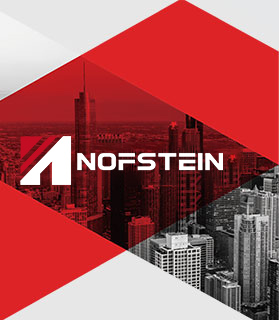Characteristics of Pure PTFE PackingPTFE is a polymer material with a unique chemical structure, which gives pure PTFE packing a series of excellent c...
READ MORE
-
-
Flexible graphite composite reinforced flange gasket is a high-performance sealing material specially designed for high temperature and high pressure ...
READ MORE -
The 9900/9900N improved non-asbestos filled polytetrafluoroethylene (PTFE) gasket material is a high-performance sealing material that is widely used ...
READ MORE -
In high temperature environments, the service life and failure modes of nanographite Gland Packing are affected by many factors, including temperature...
READ MORE -
9900/9900N modified non-asbestos filled PTFE gasket materials are becoming an indispensable sealing solution in many industrial fields due to their ex...
READ MORE
In which industrial fields are seals most widely used? What specific performance requirements do different industries have for seals?
Seals are widely used in many industrial fields. The following are some of the main application fields and their specific performance requirements:
Main application fields
Automotive field
Seals are widely used in the automotive industry, covering almost every key part of the car, such as the engine, gearbox, brake system, cooling system, car doors, windows, etc. Their main function is to prevent the leakage of fluids such as oil, water, and gas to ensure the normal operation and safety of the car.
Mechanical manufacturing industry
In mechanical manufacturing, seals are used in various mechanical equipment, such as pumps, valves, compressors, hydraulic cylinders, pneumatic cylinders, etc., to prevent the leakage of working media (such as oil, water, gas, etc.) and ensure the efficient and stable operation of the equipment.
Petrochemical industry
Pipelines, storage tanks, reactors and other equipment in the petrochemical industry often need to withstand harsh conditions such as high pressure, high temperature, and corrosive media. Therefore, the performance requirements of seals are extremely high to ensure the safe operation of the equipment and prevent environmental pollution caused by media leakage.
Aerospace industry
In the field of aerospace, the application of seals is also crucial. Since aerospace equipment needs to operate in extreme environments (such as high altitude, low temperature, high speed, etc.), seals need to have extremely high reliability, high temperature resistance, low temperature resistance, radiation resistance and other characteristics.
Medical equipment
The seals in medical equipment are mainly used to prevent the leakage of liquid medicine, gas, etc. to ensure the safety and effectiveness of medical equipment. These seals usually need to have non-toxic, odorless, corrosion-resistant, aging-resistant and other characteristics.
Construction field
In the construction industry, seals are mainly used for sealing doors, windows, curtain walls, roofs and other parts to prevent the intrusion of external factors such as wind, rain, noise, etc., and improve the comfort and energy saving of buildings.
Specific performance requirements
Corrosion resistance: In the chemical, petroleum and other industries, seals need to be in contact with corrosive media for a long time, so they must have excellent corrosion resistance.
High temperature resistance: Equipment working in high temperature environments (such as engines, boilers, etc.) requires seals to withstand high temperatures without failure.
Low temperature resistance: Equipment working in low temperature environments (such as aerospace equipment) requires seals to maintain elasticity and sealing performance at low temperatures.
Wear resistance: In situations where frequent movement or friction is required (such as bearings, pistons, etc.), seals need to have good wear resistance to extend their service life.
Pressure resistance: Equipment working in high-pressure environments (such as hydraulic pumps, pressure vessels, etc.) requires seals to withstand high pressure without leakage.
Sealing: All seals need to have excellent sealing performance to prevent leakage of the working medium. This usually requires good fit and sealing force between the seal and the sealing surface.
Elasticity: Good elasticity ensures that the seal can adapt to different shape and size changes during installation and use, thereby maintaining a stable sealing effect.
Aging resistance: Seals used for a long time need to have good aging resistance to resist erosion by environmental factors such as ultraviolet rays and ozone.

 Eng
Eng  русский
русский






















